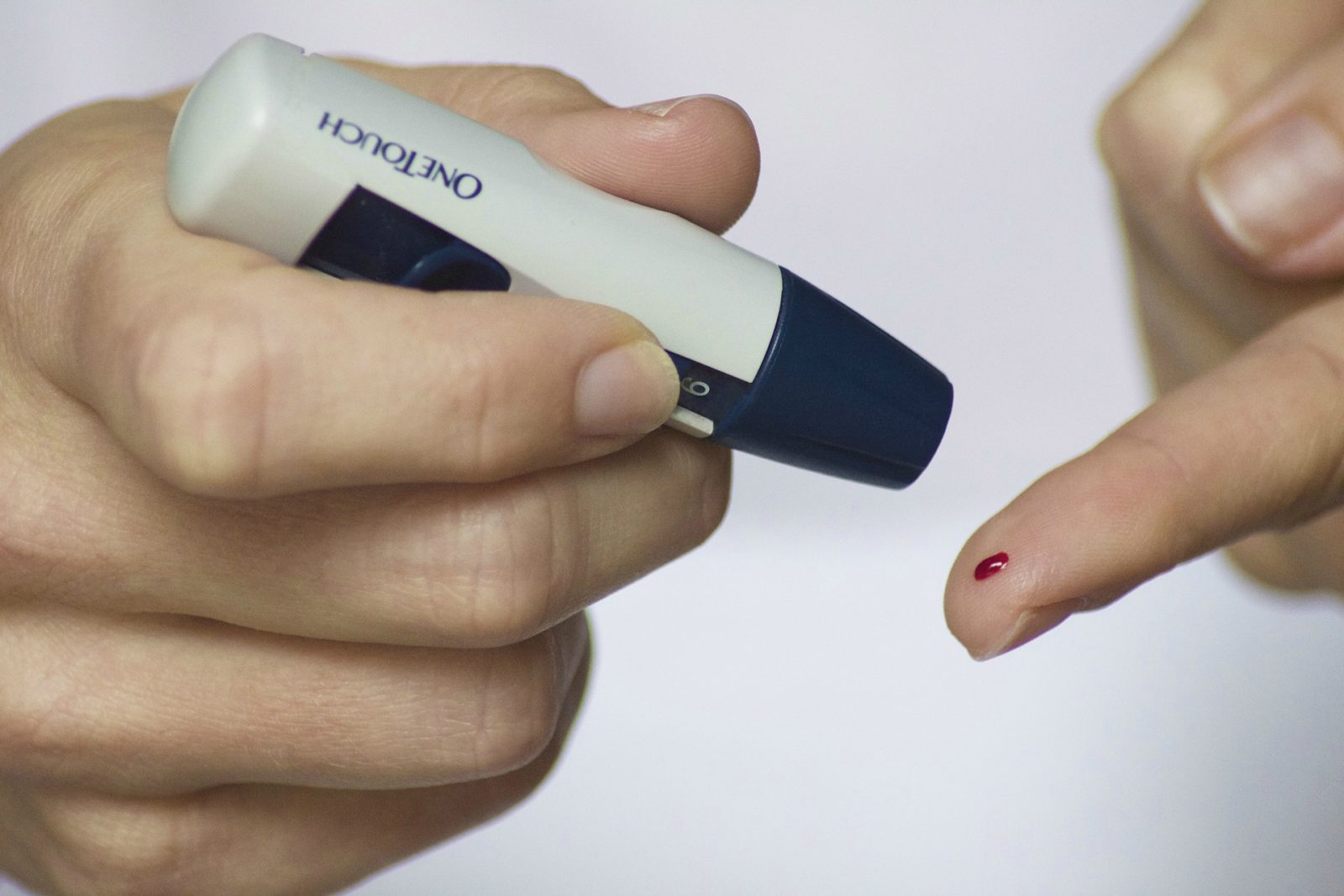
By now most Baby Boomers have heard about the Ketogenic, or ‘Keto’, diet.
In simple terms, the diet requires people to cut out most carbs and instead live on a diet of protein and fat. The idea is that the body uses fat as its biggest source of fuel, breaking it down into ketones in a process known as ketosis.
With an array of fad diets saturating the weight loss market, health experts are divided about whether the Keto diet actually does wonders for health, with some questioning the effectiveness of the diet.
Starts at 60 spoke to two leading nutritionists about the diet, it’s potential benefits and whether it’s safe for over-60s to practice.
As a way of cutting carbs, the Keto diet usually requires people to cut out foods such as bread, rice, potato and sugar-based foods such as soft drinks, cakes, lollies and biscuits. In most cases, people are eating less than 50 grams of carbohydrates a day and replacing them with proteins and fats from meat, chicken, fish and eggs, as well as oils, butter and avocado.

“The Ketogenic diet is nothing new,” Sydney-based Practical Nutritionist Angela Emmerton tells Starts at 60. “It’s certainly not a fad diet.
“The concept has been around in many variations since probably the 1920s. Originally, it was developed and is still prescribed today as a treatment for epilepsy, for cancer and for diabetes.”
Many children with epilepsy are prescribed the Keto diet when all other medications fail, but it has also been used as a way of helping people lose weight in recent years.
“It’s just become fashionable since then and, to me, it’s become like the early stages of the Atkins diet,” Catherine Saxelby, accredited nutritionist at foodwatch.com.au, says.
The Atkins diet is a high-protein diet where people eat foods like eggs and bacon without toast, or steak or fish with salad instead of starchy vegetables such as potatoes.
“It’s kind of that and now it’s become a weight loss diet, so it’s a diet for weight loss,” Saxelby says. “You push your body into this state of ketosis – where you excrete ketones. This is what your brain and blood is meant to use instead of using glucose.”

Emmerton prescribes the Keto diet as a way of helping people reverse type 2 diabetes. While she doesn’t specifically work with cancer or epilepsy patients, she acknowledges the diet can benefit these people.
“We see a lot more people now with metabolic conditions, meaning; they are overweight, have high blood glucose (insulin resistance), high cholesterol and possibly signs of fatty liver,” she explains. “Plus their waist circumference is putting them at risk of chronic disease.
“The ketogenic diet will certainly help to reverse most of those lifestyle diseases. I see it in clinic, those who go on this diet will lose weight; I don’t see any who doesn’t lose weight on this diet and their blood pathologies will usually normalise.”
In Emmerton’s experience, the diet is short-term and used as part of a five-week program that is tailored to individual needs. She looks at a patient’s protein and carbohydrate needs, as well as medical conditions and medication to create a unique diet for them.

Saxelby acknowledges that the Keto diet could be a good way of helping people lose weight, but doesn’t think it’s sustainable in the long-term.
“It might be ok for less than a week, just to kick start your dieting efforts if you need to lose weight,” she said. “It’s a really hard slog. People get hungry. They get headaches, they have bad breath, they often suffer constipation because you’re not getting any fibre, you’re not getting your wholegrain cereals or wholemeal bread or prunes or whatever it is you have to alleviate constipation.”
She also explains that a lack of carbohydrates is not healthy for the healthy balance of bacteria in the digestive track.
“You need your lentils and legumes and fibre-rich foods,” she adds. “You don’t need lollies, sugar, soft drinks, cakes, white rice and all the rest of the stuff people like to eat.”
Meanwhile, Emmerton herself has been on the Keto diet in the past and says that while headaches and nausea can be experienced in the first few days, the side effects usually go away after a day or two and people tend to feel good.
“The brain loves ketones, so you actually feel more alert and most people lose those sugar cravings because you’re not looking for glucose to be replaced because your body has moved into a different energy burning process.” Emmerton says.
Bad breath is a sign of the body getting into a state of ketosis and a reduction of complex carbohydrates can cause constipation. Certain medications and pre-existing health conditions such as kidney problems or osteoporosis can interfere with the Keto diet, which is why it’s vital to speak to a health professional before starting a new diet. It should always be short-term, monitored and supported by a health care professional.

While a Keto diet does help people to lose weight, it’s by no means a quick fix and keeping the weight off can be quite difficult. Emmerton says the Keto diet requires long-term maintenance and building a long-term plan to ensure the weight stays off.
“Refined carbohydrates can slip back in and we can put that weight back on,” she says. “We need a maintenance program that slowly introduces what you’ve taken out of the diet and monitoring to ensure the body’s metabolism doesn’t play tricks on you… increasing exercise can be a good way to help balance the metabolism.”
Similarly, she says people can also lose weight if they stick to good whole foods and cut out refined sugars. This is echoed by Saxelby, who says people simply have to sustain from food in order to see results.
“People know they have to cut back, so whether they cut back on carbohydrates and sugar or fats, it’s still up for discussion,” she says. “It’s up to the individual. They’ve got to cut back somewhere if they want to maintain their weight as they get older.”
She recommends the intermittent fasting diet made famous by Michael Mosley, which sees people dramatically cut back on food for two non-consecutive days during the week, rather than focusing on portion sizes, carbs, fat or protein.

It’s always important to discuss diet and health with an accredited dietitian or health professional.